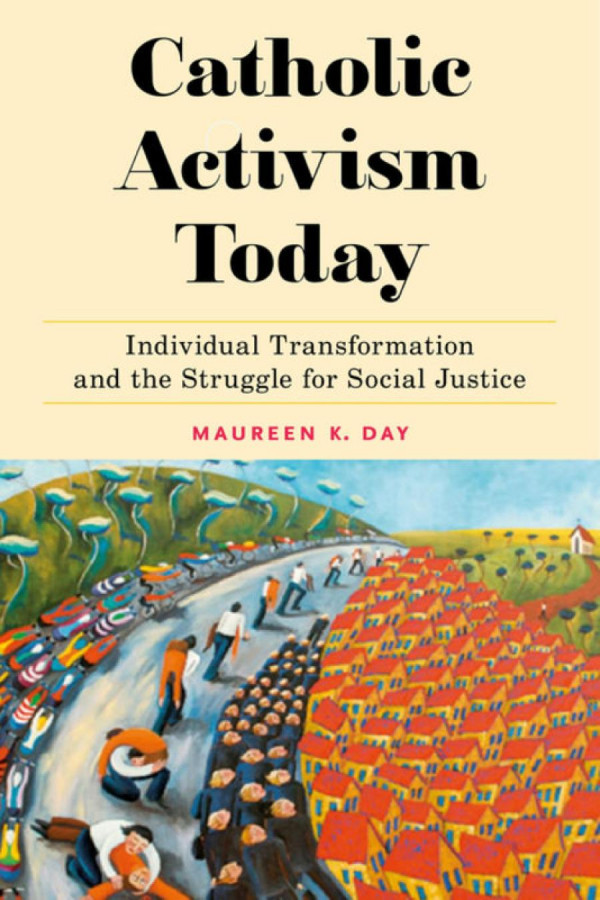

Most ebook files are in PDF format, so you can easily read them using various software such as Foxit Reader or directly on the Google Chrome browser.
Some ebook files are released by publishers in other formats such as .awz, .mobi, .epub, .fb2, etc. You may need to install specific software to read these formats on mobile/PC, such as Calibre.
Please read the tutorial at this link: https://ebookbell.com/faq
We offer FREE conversion to the popular formats you request; however, this may take some time. Therefore, right after payment, please email us, and we will try to provide the service as quickly as possible.
For some exceptional file formats or broken links (if any), please refrain from opening any disputes. Instead, email us first, and we will try to assist within a maximum of 6 hours.
EbookBell Team

4.0
56 reviewsUncovers why Catholic organizations fail to foster civic activism
The American Catholic Church boasts a long history of teaching and activism on issues of social justice. In the face of declining religious and community involvement in the twenty-first century, many modern-day Catholic groups aspire to revive the faith as well as their connections to the larger world. Yet while thousands attend weekly meetings designed to instill religiosity and a commitment to civic engagement, these programs often fail to achieve their more large-scale goals.
In Catholic Activism Today, Maureen K. Day sheds light on the impediments to successfully enacting social change. She argues that popular organizations such as JustFaith Ministries have embraced an approach to civic engagement that focuses on mobilizing Catholics as individuals rather than as collectives. There is reason to think this approach is effective—these organizations experience robust participation in their programs and garner reports of having had a transformative effect on their participants’ lives. Yet, Day shows that this approach encourages participants to make personal lifestyle changes rather than contend with structural social inequalities, thus failing to make real inroads in the pursuit of social justice. Moreover, the focus on the individual serves to undermine the institutional authority of the Catholic Church itself, shifting American Catholics’ perceptions of the Church from a hierarchy that controls the laity to one that simply influences it as they pursue their individual paths.
Drawing on three years of interview, survey, and participant observation data, Catholic Activism Today offers a compelling new take on contemporary dynamics of Catholic civic engagement and its potential effect on the Church at large.